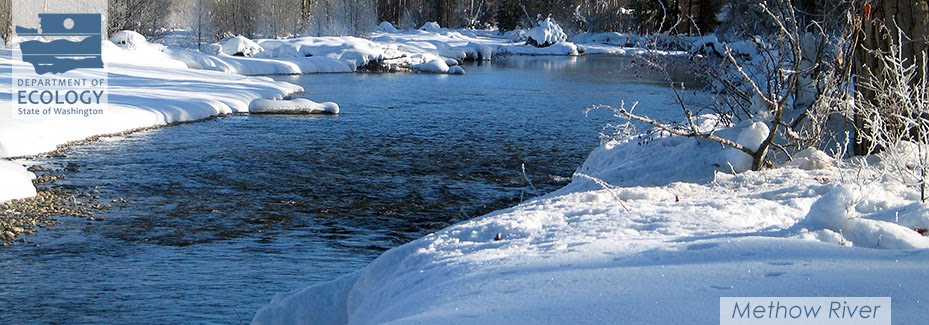What causes bacteria levels to rise?
Water runoff from heavy rain drains into nearby lakes,
rivers, and saltwater beaches. This runoff can carry unsafe levels of fecal
bacteria to water bodies from sewage system overflows and animal waste.
Don’t be scared, be aware!
Anyone who comes in contact with winter
ocean water should be aware of the potential health risks associated with heavy
rain. This includes the following types of beachgoers:
 |
Keep an eye out for pipes or streams that
drain directly to the beach.
|
- Surfers
- Divers
- Kayakers
- Paddle boarders
- Boaters
- Walkers
- Dog walkers
- Seashell collectors
- Sand castle builders
Contact with fecal-contaminated water,
shells, or sand can result in gastroenteritis, skin rashes, upper respiratory
infections, and other illnesses. Children and the elderly may be more
vulnerable to waterborne illnesses.
Protect yourself and others
It’s easy to
prevent these illnesses. Here are some steps you can take to ensure that you and
your family stay healthy this winter:
- Avoid contact with fresh or marine water after a heavy rain.
- Avoid water recreation for 24 hours after heavy rainfall.
- Be aware of areas with pipes or streams that drain directly to the beach.
- Pick up pet waste.
- Watch your dog at the beach; make sure they don’t drink the water.
- Remember to wash your hands before eating or preparing food, especially after a trip to the beach.


No comments:
Post a Comment